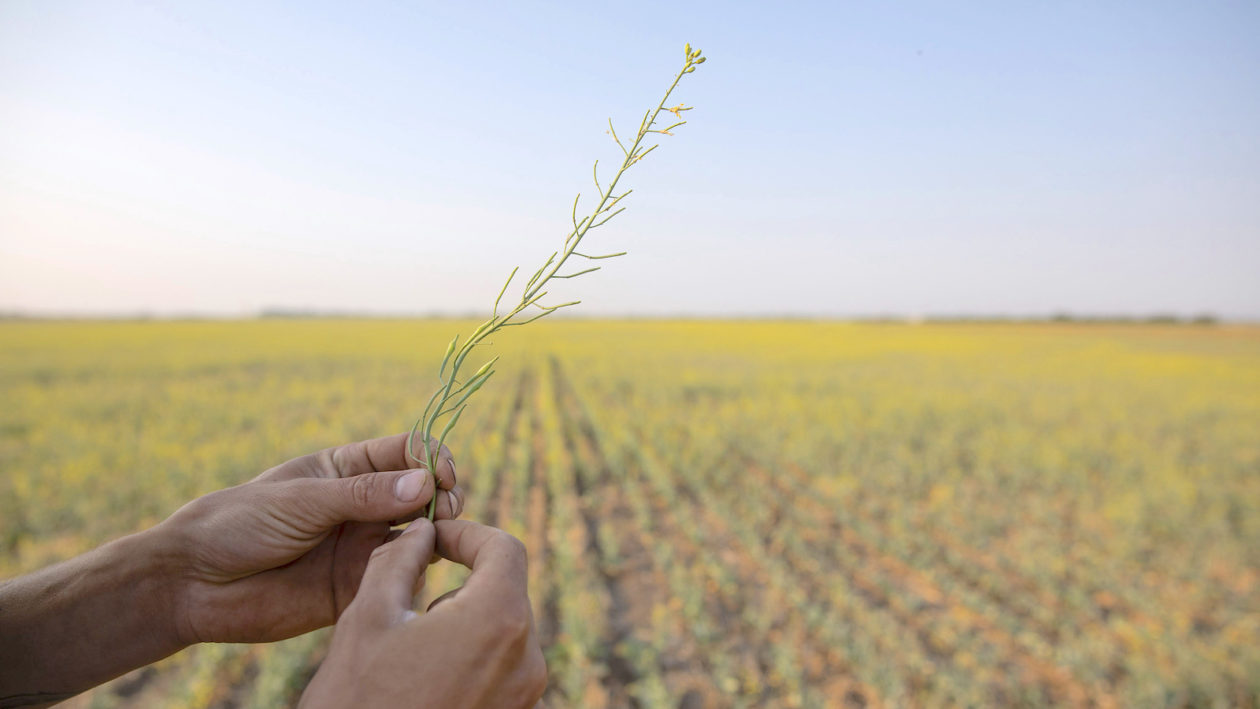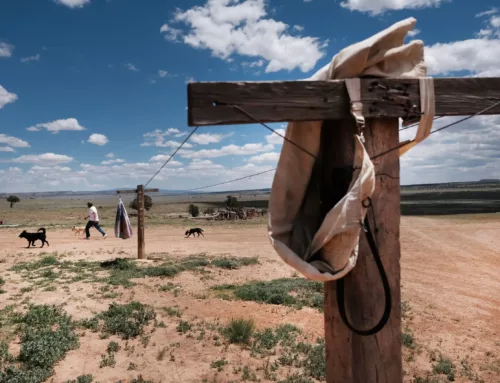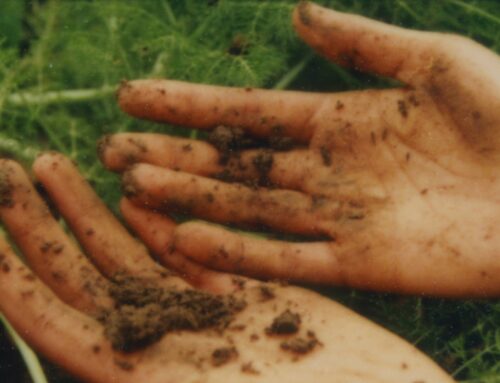Numerous research studies have shown that prolonged climate extremes reduce crop productivity and weaken global food security. More recently, scientists have observed that extreme heat can reduce pollen production and viability and negatively impact fertilization in various crops – such as canola, corn, peanuts and rice. Pollination is essential for the planet and allows plants to reproduce. With climate change, extreme heat events are on the rise. As more areas of the planet are likely to be affected by extreme heat more often and for longer periods of time, researchers are trying to identify new ways and methods to help the pollen beat the heat. They are investigating genes that could lead to more heat-tolerant varieties and breeding cultivars that can survive winter and flower before heat strikes. They are also examining pollen’s specific limits and harvesting pollen at large scales to spray directly onto crops when weather improves. The main objective is to identify genes that are not only more resilient to high temperatures but also able to withstand cold. In fact, an early autumn-sown could allow these crops to pollinate successfully before a heat wave. Innovative technologies, investments in scientific research and political will are therefore crucial to avoid worsening the fragility of our food systems.







